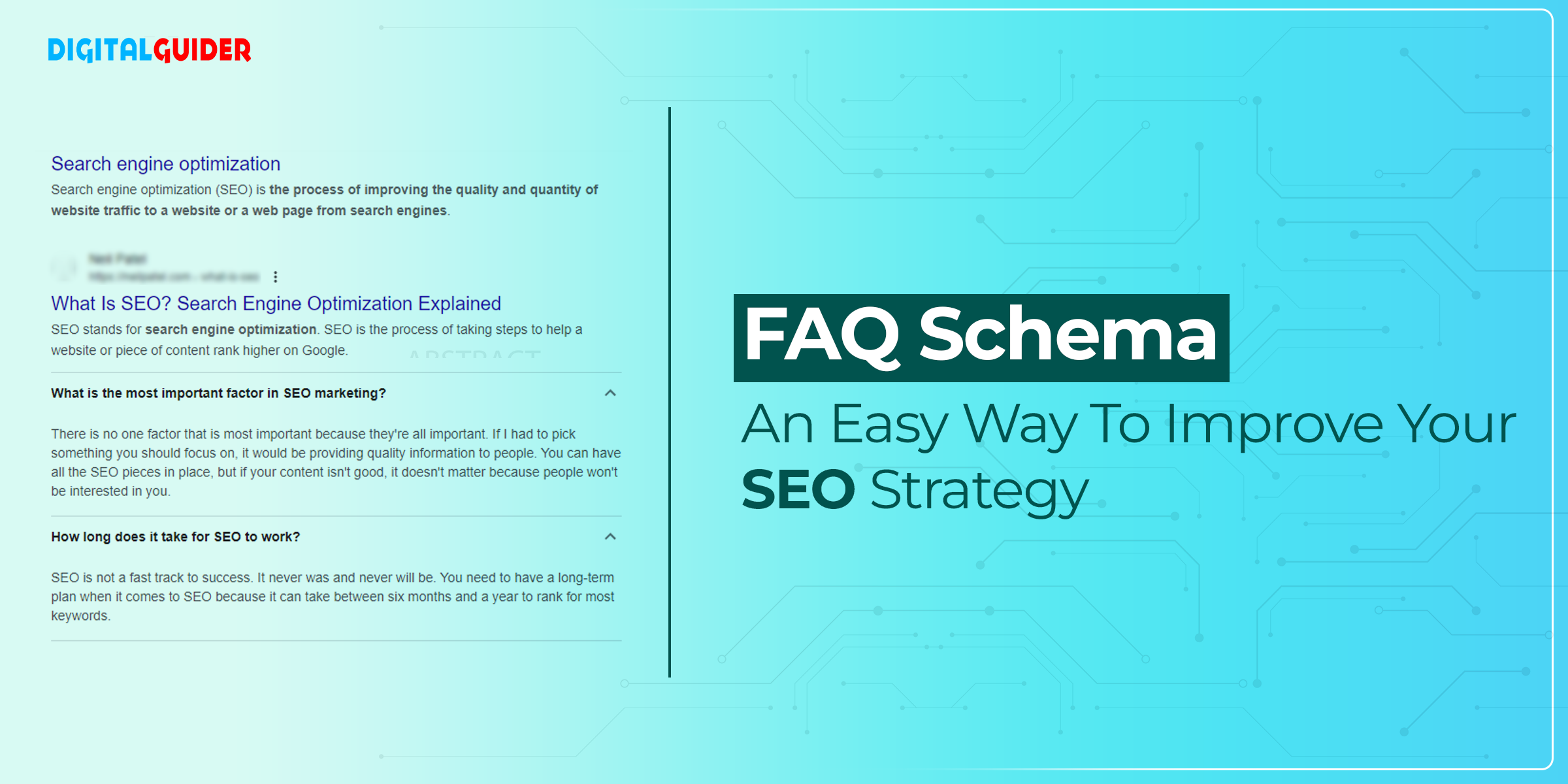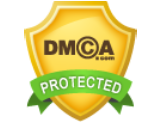Tired of having your website buried in the depths of search engine results pages (SERPs)?
Want to improve your SEO strategy without spending hours optimizing every single page on your website?
Then you’re in luck!
Introducing FAQ Schema, the easy way to enhance your site visibility & drive more quality traffic to your pages. This often-overlooked schema markup language can significantly impact your SEO strategy regardless of your business niche.
FAQ schema can help your website appear more prominently in search engine results pages (SERPs) and increase clicks on your business blogs.
So, what exactly is FAQ Schema, and how can you implement it on your website? In this blog post, we’ll answer these questions and more. We’ll explore the benefits of using FAQ Schema, provide tips for implementation, and offer best practices to assist you get the most out of these powerful SEO hacks.
So, read on to learn how FAQ Schema can take your website’s SEO to the top positions of Google!
What is FAQ & Schema Markup?
Before starting with FAQ Schema, let’s briefly understand what FAQ and schema markup is.
FAQ (frequently asked questions) are a list of typical questions which any website visitors may have regarding a business or website. These questions help companies to respond, react, and anticipate the needs of their audience. Creating a FAQ page primarily aims to target audience questions and address their pain points.
Whereas, Schema markup is the code that makes it easier for search engines to read your website’s content and show it better in search results. When search engines recognize the meaning and relationships behind entities, they can serve rich results or snippets. In short, Schema provides context to an otherwise vague webpage.
What is FAQ Schema?
FAQ Schema is a markup language added to a website’s HTML code to provide information about frequently asked questions (FAQs) and their answers. Simply put, you are telling search engines that this content will be presented in a question-and-answer format.
Just like the FAQ featured below, if your website’s FAQ is correctly marked up, it ( FAQ pages) can be featured for rich snippets in the search results.
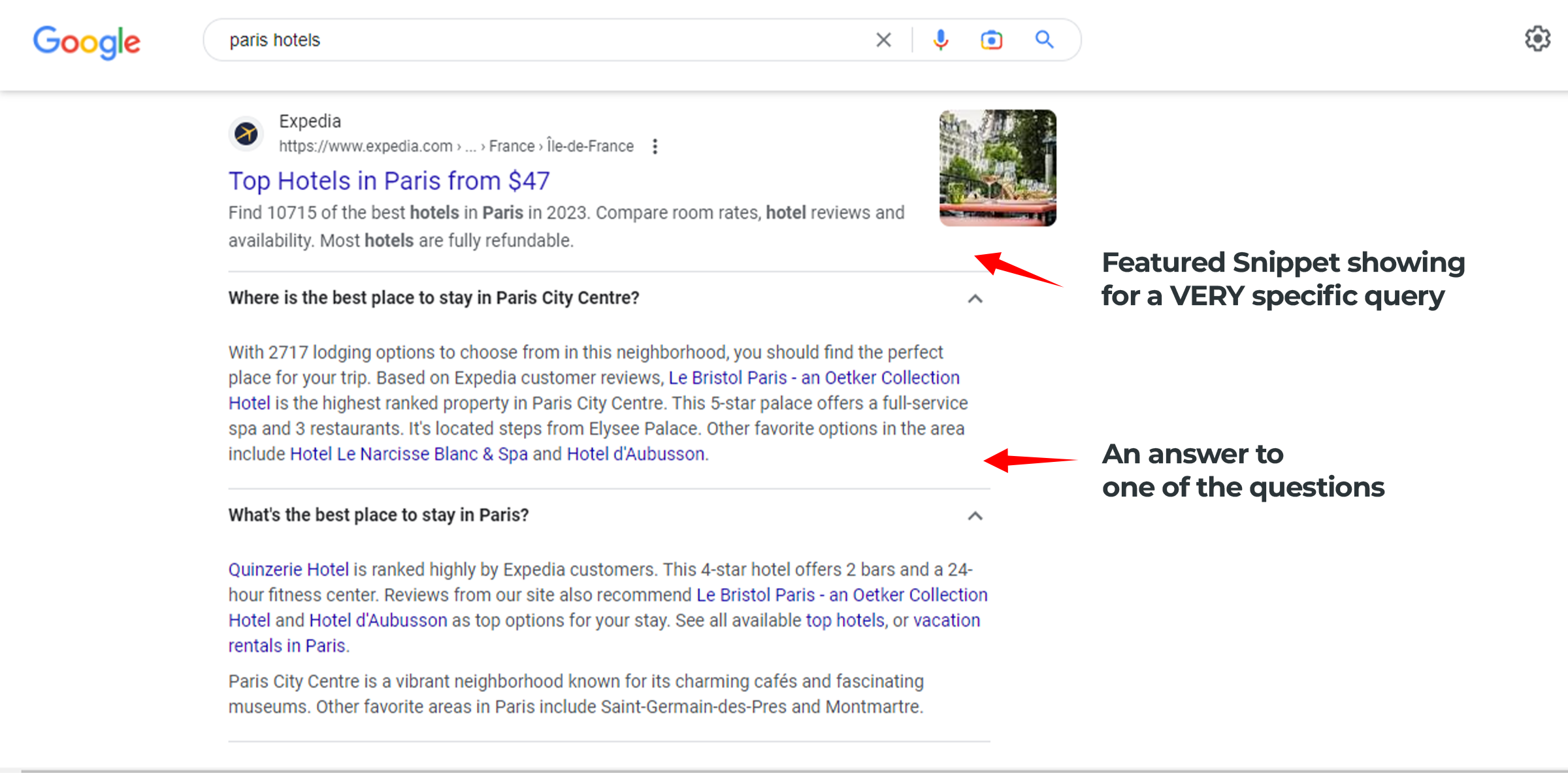
A study by RankRanger found that websites using FAQ Schema saw an average increase in click-through rates of 32% for desktop and 28% for mobile. And the benefits continue beyond there.
By providing structured data about frequently asked questions and their corresponding answers, you can improve user experience on your website and position yourself as an authoritative source of information in your industry.
How can FAQ page schema markup help your SEO Strategy?
The ultimate goal of any SEO marketing campaign is to get your site ranked higher in SERPs. But with so many websites fighting hard for the top spots, it can be quite challenging.
If you use FAQ schema markup, you can easily get your website to appear in rich Google snippets. These boxes appear at the top of search engine results pages (SERPs), so users can get quick answers to their questions. When your website shows up in rich snippets, you’ll get more people to click through to it and be seen as a leader in your industry.
FAQ Schema markup can also help your website appear in Google’s PAA (People Also Ask) feature, which shows other related questions that people might be curious about and their answers. This can help boost your website’s visibility and trustworthiness.
But it’s not just about showing up in rich snippets and PAA. By giving search engines a better idea of what’s on your website, you’ll get a better chance of showing up when people search for specific keywords and phrases.
Google has provided some guidelines for adding FAQ Schema markup to your website-
- Each FAQ page should have a clear and specific topic, with questions and answers related to that topic.
- Phrase questions in a way that someone would ask them (i.e., in natural language).
- FAQ answers should be concise and accurate.
- Each question and answer pair should be contained within a “FAQPage” schema markup.
- Include the “mainEntity” property in your markup, which specifies the primary question and answer on the page.
How To Create SEO-Friendly FAQ Pages?
With relevant answers to your audience’s most common questions, you increase the chances of your website being displayed in rich snippets when users search for those questions. Well-structured and optimized FAQ pages can improve the UX of your website, making it easier for visitors to find the relevant information they’re looking for & engage with your content.
Here are some tips to make your FAQ pages more SEO-friendly:
Compile the Most Common Questions Users Have
Before creating your FAQ page, it’s important to understand what your audience is looking for. Research to determine users’ most common questions about your product, service, or industry.
Provide Complete, Concise Answers
Once you’ve identified the most common questions, provide clear, concise answers addressing the user’s concerns. Keep your answers easy to understand, and use simple language whenever possible.
Format Your FAQ Pages for Good UX
To ensure that your FAQ page is user-friendly, format it in a way that makes it easy to navigate. Use headers and sub-headers to organize your content, and consider using collapsible sections to save space.
Optimize the Title Tag and Meta Descriptions
When creating your FAQ page, optimize the title tag and meta description to make it easier for users to find your content. Use appropriate keywords in your meta title and description, and keep them short and to the point.
Markup Your Page with FAQ Schema
Finally, to make it easier for search engines to understand the content on your FAQ page, use FAQ schema markup. This will help search engines display your content in search results with rich snippets, which can increase click-through rates.
Generate FAQ Schema Markup For Your FAQ Page
If you don’t have coding knowledge or haven’t ever generated FAQ Schema. Then, Google’s Structured Data Markup Helper or websites like technicalseo.com can do the job for you.
Simply insert your FAQ with answers, and it will give a structured FAQ schema, which you can implement in your website’s backend and get a featured snippet.
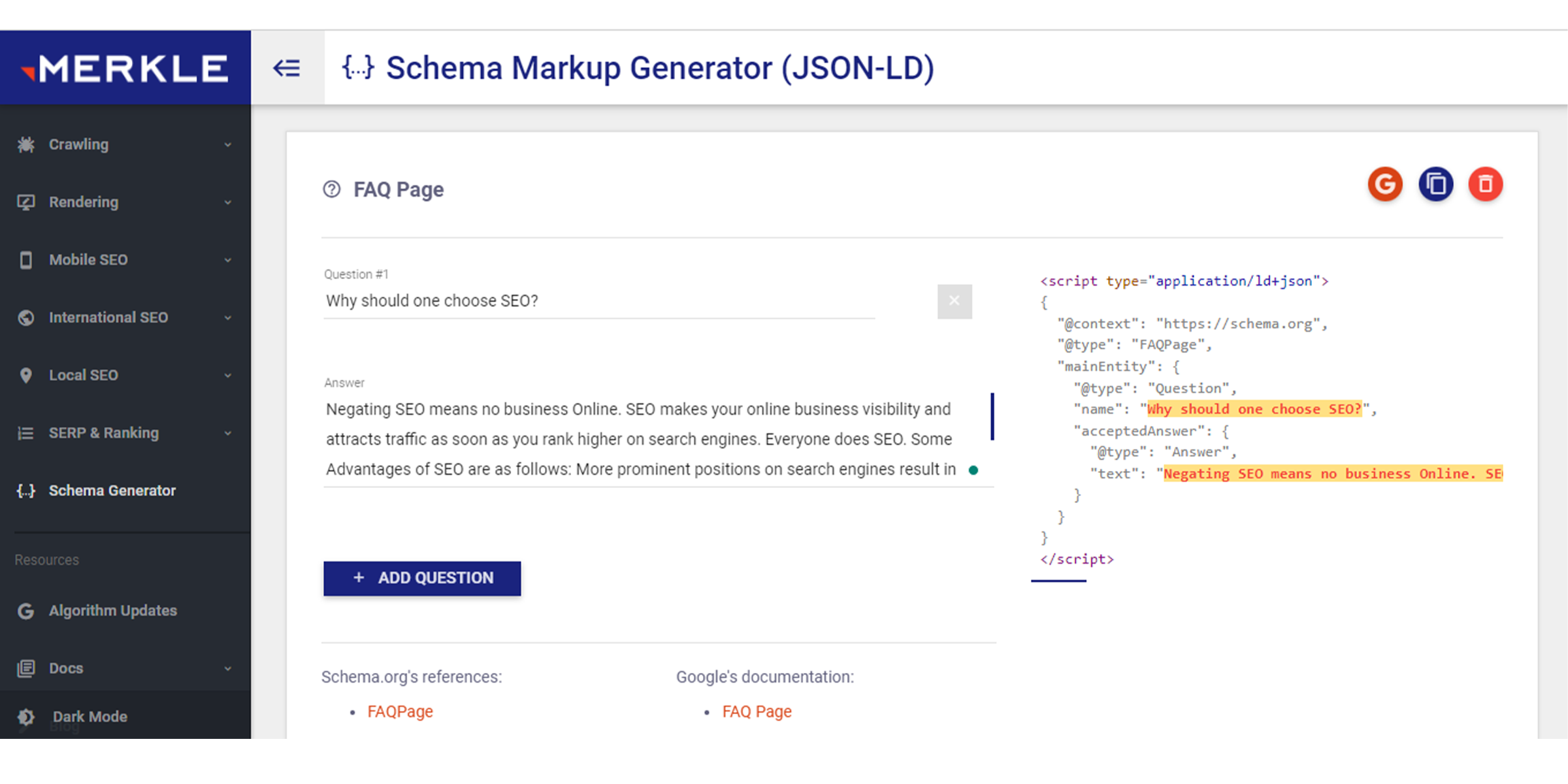
See how we generated FAQ Schema for our Houston SEO Company webpage.
The code below shows what a FAQ schema markup looks like-
FAQ Schema Markup Example-
| <script type=”application/ld+json”> { “@context”: “https://schema.org”, “@type”: “FAQPage”, “mainEntity”: [{ “@type”: “Question”, “name”: “Why should one choose SEO?”, “acceptedAnswer”: { “@type”: “Answer”, “text”: “Negating SEO means no business Online. SEO makes your online business visibility and attracts traffic as soon as you rank higher on search engines. Everyone does SEO. Some Advantages of SEO are as follows: More prominent positions on search engines result in pages (SERPs) Increased website traffic Rise in visitors. With our assistance, you’ll feel like you’re doing it yourself. You can relax knowing that your website is receiving the care and attention it deserves.” } },{ “@type”: “Question”, “name”: “How can I improve my Website Rankings?”, “acceptedAnswer”: { “@type”: “Answer”, “text”: “Website rankings depend on various factors. This is why SEO experts’ roles come in and make your website rank higher on search engines. They take care of all aspects of SEO, i.e., on-page SEO, Off-page SEO, and technical SEO. If you live in Houston, then you can call our SEO agency for more information.” } },{ “@type”: “Question”, “name”: “How can I make my website SEO Friendly?”, “acceptedAnswer”: { “@type”: “Answer”, “text”: “Only experts can make an SEO-friendly website, as it needs SEO knowledge and all Google Algorithm updates. Even if you can do it successfully, then also it needs quality link-building activities. Hence, I would recommend you to go for our SEO Firm, Houston, they not only make your website SEO friendly but also guarantee high rankings in search engines.” } },{ “@type”: “Question”, “name”: “How do I know my SEO plan is working?”, “acceptedAnswer”: { “@type”: “Answer”, “text”: “Every customer asks this question, and we reply that you can call us anytime and ask about the status of your SEO campaign. We work daily and monitor your campaign’s activity through 3rd party tools, i.e., Semrush, GA. You will be able to see progress within the first several weeks.” } },{ “@type”: “Question”, “name”: “How much does SEO cost?”, “acceptedAnswer”: { “@type”: “Answer”, “text”: “It depends upon you. How many keywords do you want us to rank in the search engines? Your requirements and how fast you want us to rank your websites higher in search engine results pages. Our Houston SEO agency considers everything and tells you the estimated cost. Our Houston SEO experts will align with your requirements and objectives and deliver results.” } }] } </script> |
Even if you don’t have coding knowledge, you can easily generate FAQ Schema and use it for your SEO rankings.
How to Add FAQ Schema to Get Rich Snippets?
Step 1
Create an FAQ page on your website with a list of questions and answers related to your business or industry.
Step 2
Identify the questions and answers you want to feature in the rich snippet. Typically, it’s best to select the most common questions that your customers or clients ask.
Step 3
Use Google’s Structured Data Markup Helper tool to create your FAQ schema markup. This tool will guide you through selecting the right schema type (in this case, FAQPage) and adding the necessary properties to your markup.
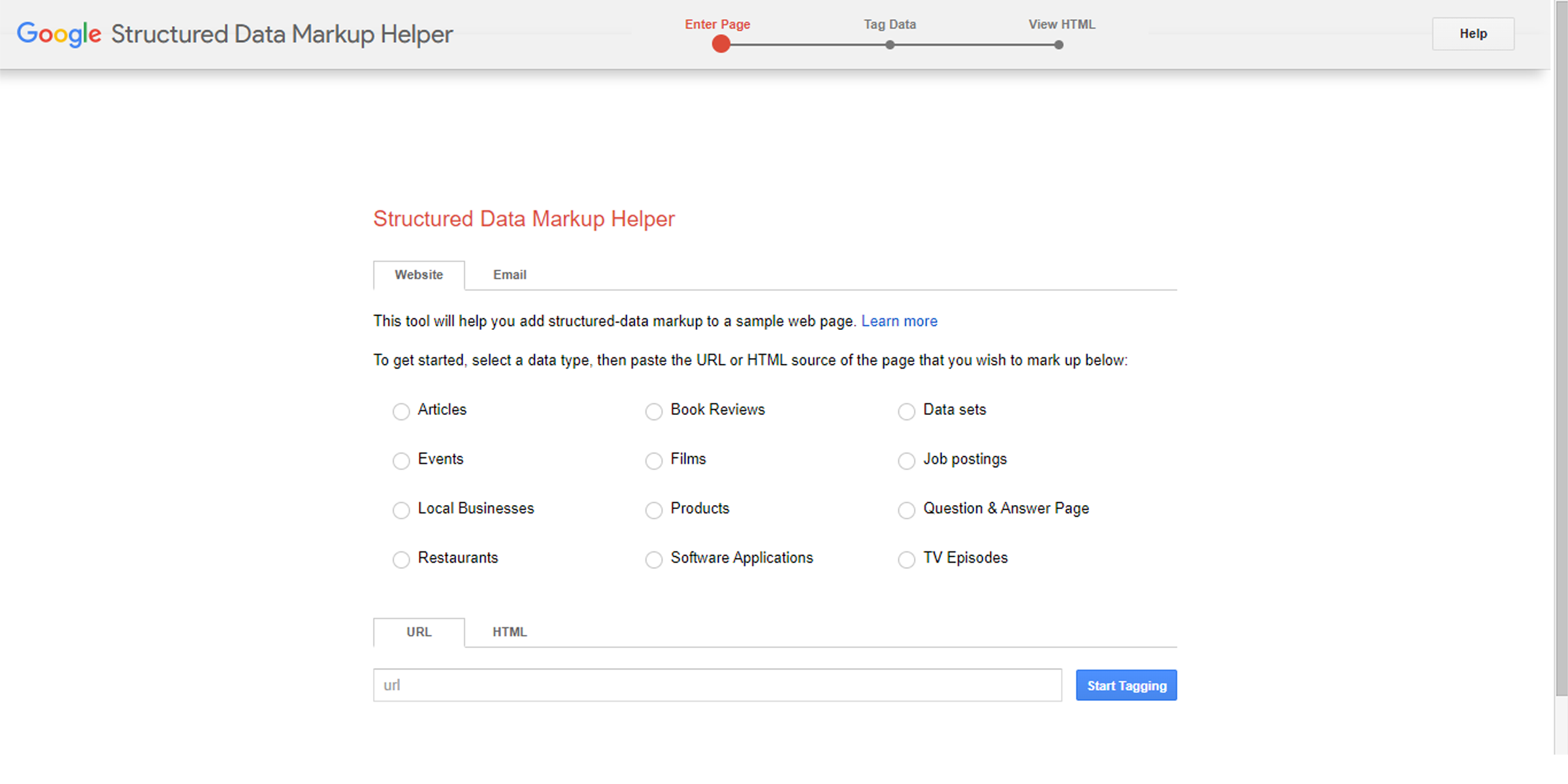
Step 4
Once you’ve created your markup, add it to the HTML of your FAQ page. You can add it manually or use a plugin or tool to automate the process.
Step 5
Test your markup using Google’s Structured Data Testing Tool to ensure everything works correctly. You should see the preview of how your rich snippet will look in the SERP results.
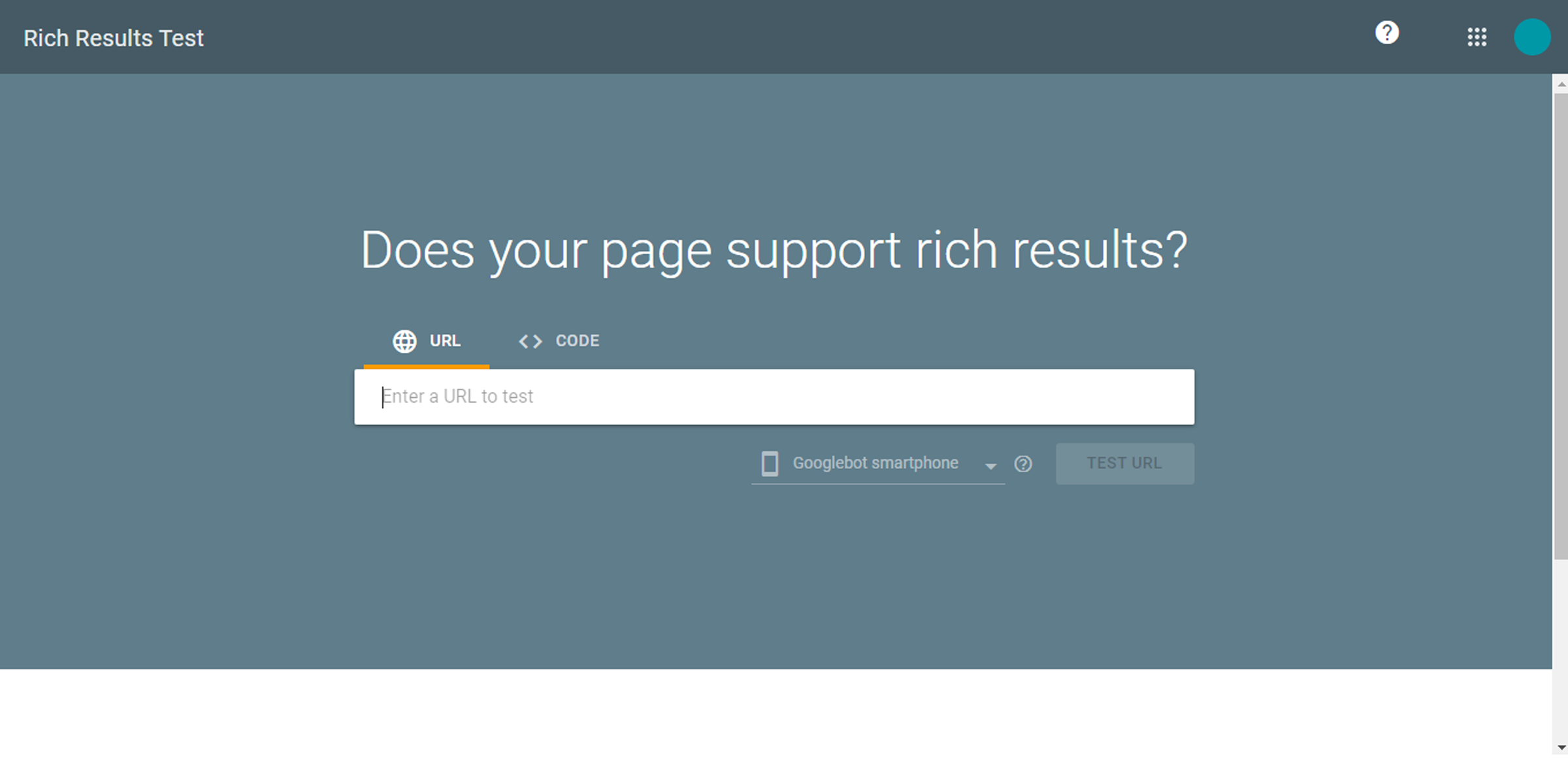
Step 6
Finally, submit your markup to Google for indexing using the Search Console. This will help Google understand your website’s content better and potentially display your rich snippet in the search results.
Wrapping Up
Implementing FAQ schema on your website is an easy and effective way to improve your SEO strategy. By providing clear, concise, and relevant answers to commonly asked questions, you not only enhance your search engine visibility but also enhance UX and engagement on your website. As more and more users turn to search engines for quick answers to their queries, adding FAQ schema can significantly affect your website’s performance.
At Digital Guider, we understand the importance of optimizing your website for search engines. Our expert SEO team can help you implement effective SEO strategies, including FAQ schema, to boost your online presence and drive more sales to your site. Contact us today to learn about our top-notch services & how we can help you improve your SEO strategy.
Stay ahead of the competition with Digital Guider.
FAQ Schema Markup
What are the benefits of using FAQ Schema?
The benefits of using FAQ Schema include improved visibility in SERPs, increased click-through rates, better user engagement, and higher conversion rates.
How does FAQ Schema improve SEO?
FAQ Schema improves SEO by providing search engines with relevant information about frequently asked questions and answers. This makes it easier for search engines to understand your website's content, leading to higher visibility in SERPs.
Do I need a FAQ page to use FAQ Schema?
You don't need a dedicated FAQ page to use FAQ Schema. You can use it on any page of your website where you have a question-and-answer format.
Is FAQ Schema difficult to implement?
No, implementing FAQ Schema is relatively easy. You can use a plugin or manually add the code to your website. Many free online tools are available that you can use to you generate the FAQ Schema code.
Can FAQ Schema be used for any type of website?
Yes, FAQ Schema can be used for any website, regardless of your niche or industry.
Can I use FAQ Schema on multiple pages of my website?
Yes, you can use FAQ Schema on multiple website pages. However, it's important to ensure that the questions and answers are unique and relevant to the content on each page.
Does using FAQ Schema guarantee higher rankings in search engines?
No, using FAQ Schema does not guarantee higher rankings in search engines. However, it can help improve visibility and click-through rates, ultimately leading to higher rankings.
Can I use images or videos in my FAQ Schema?
You can use images or videos in your FAQ Schema. However, ensure that the file size is optimized for fast loading times and that alt text is descriptive and relevant.
Is it worth investing time and resources into FAQ Schema?
Yes, investing time and resources into implementing FAQ Schema can be worth it in the long run. It can help improve user engagement, increase click-through rates, and drive more traffic and sales to your website. However, if you are facing any difficulty and want professional help, Digital Guider is here to help you; contact us now.
